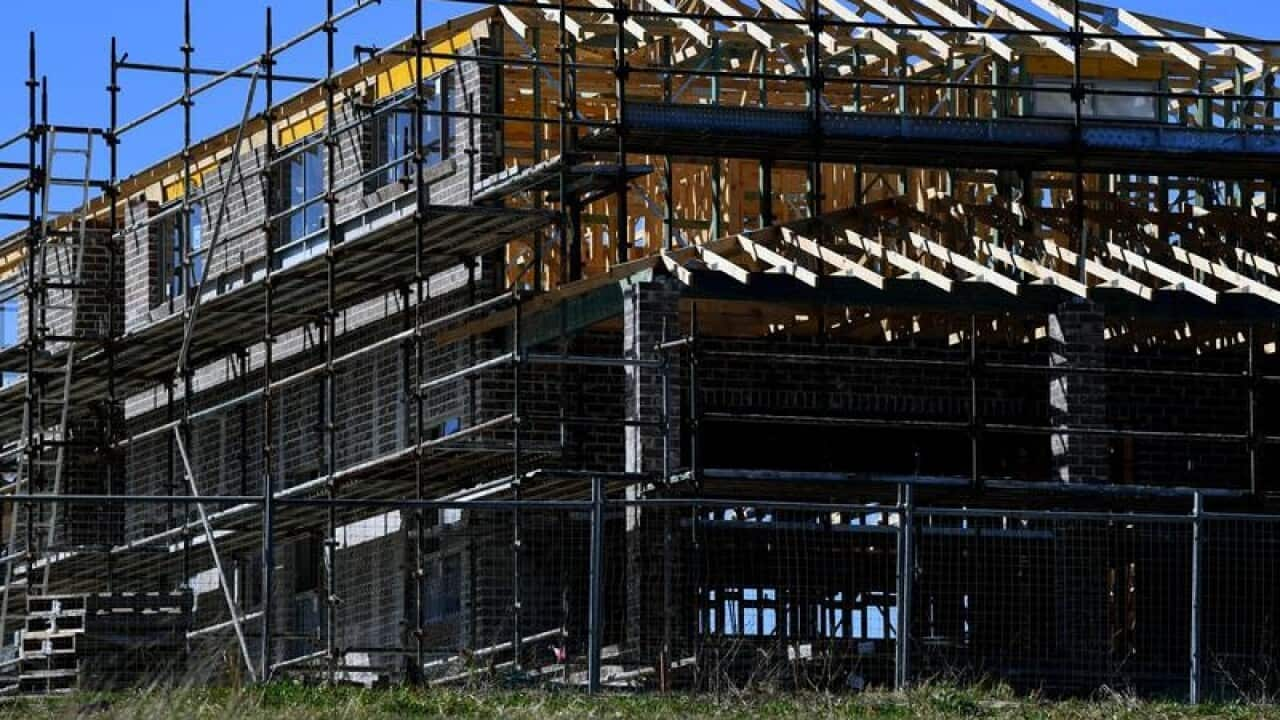First home buyers are regaining a foothold in the housing market, enjoying their biggest share of new mortgages in almost five years.
The Turnbull government will welcome the news, having made housing affordability a key part of the May budget, but its own initiatives, like the first home super saver, are only being introduced to the Senate next week.
Instead, it is the stamp duty savings for first home buyers introduced by the NSW and Victoria governments that appear to be making their mark.
At the same time, the banking regulator, the Australian Prudential Regulation Authority, in April introduced restrictions on investor loans - buyers whose strong presence was not only ramping up house prices but also forcing aside first-time buyers.
"First home owners have also been brought back to the market due to the large supply of apartments that are being completed at the moment," Housing Industry Association principal economist Tim Reardon said.
"This is a very positive sign of a healthy market."
Thursday's housing finance figures for September highlighted the changing dynamics.
First home buyers accounted for 17.4 per cent of all mortgages granted in the month, the largest proportion since November 2012, and was the seventh consecutive month of growth.
The value of investor housing loans tumbled 6.2 per cent, while owner-occupied mortgages more generally declined 2.1 per cent.
"Overall, the updates bring the finance approvals data more into line with the clear slowing signal already evident from turnover, auction markets and prices, " Westpac economist Matthew Hassan said.
Recent data shows the hotspot for house prices in Sydney have eased been in the past three months, although the Melbourne market is showing some resilience.
Another positive result in Thursday's figures was a 1.8 per cent increase in the number of loans granted for new properties to 3206 in September.
Commonwealth Securities estimated this was a 38-year high.
"The outlook for Aussie home building remains encouraging, supported by strong employment and population growth, increased government spending on infrastructure and a low and stable interest rate environment," CommSec senior economist Ryan Felsman said.
He and many other economists see no change in interest rates for the foreseeable future, which will be a relief for the buyers who have finally got themselves into the housing market.

